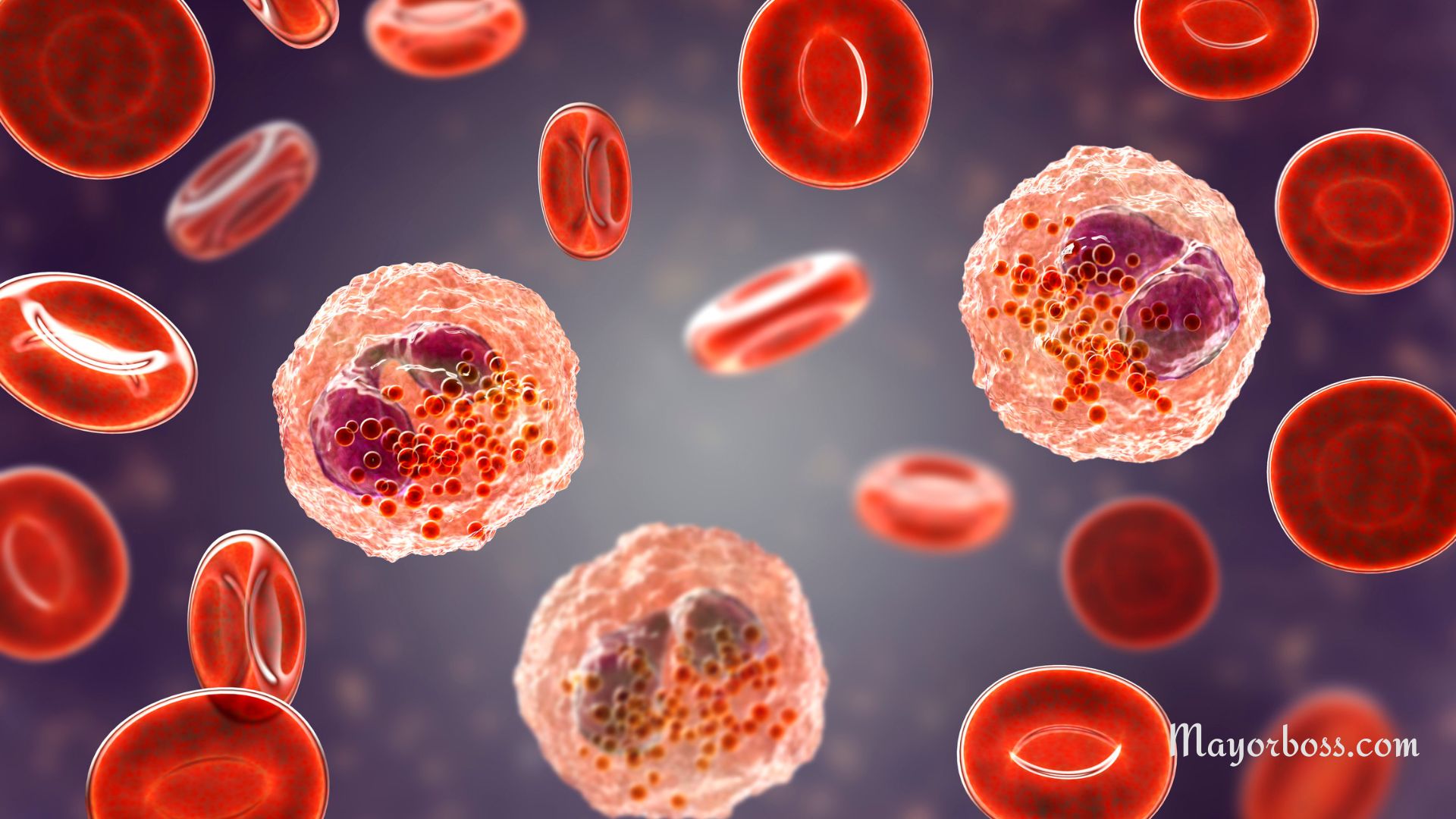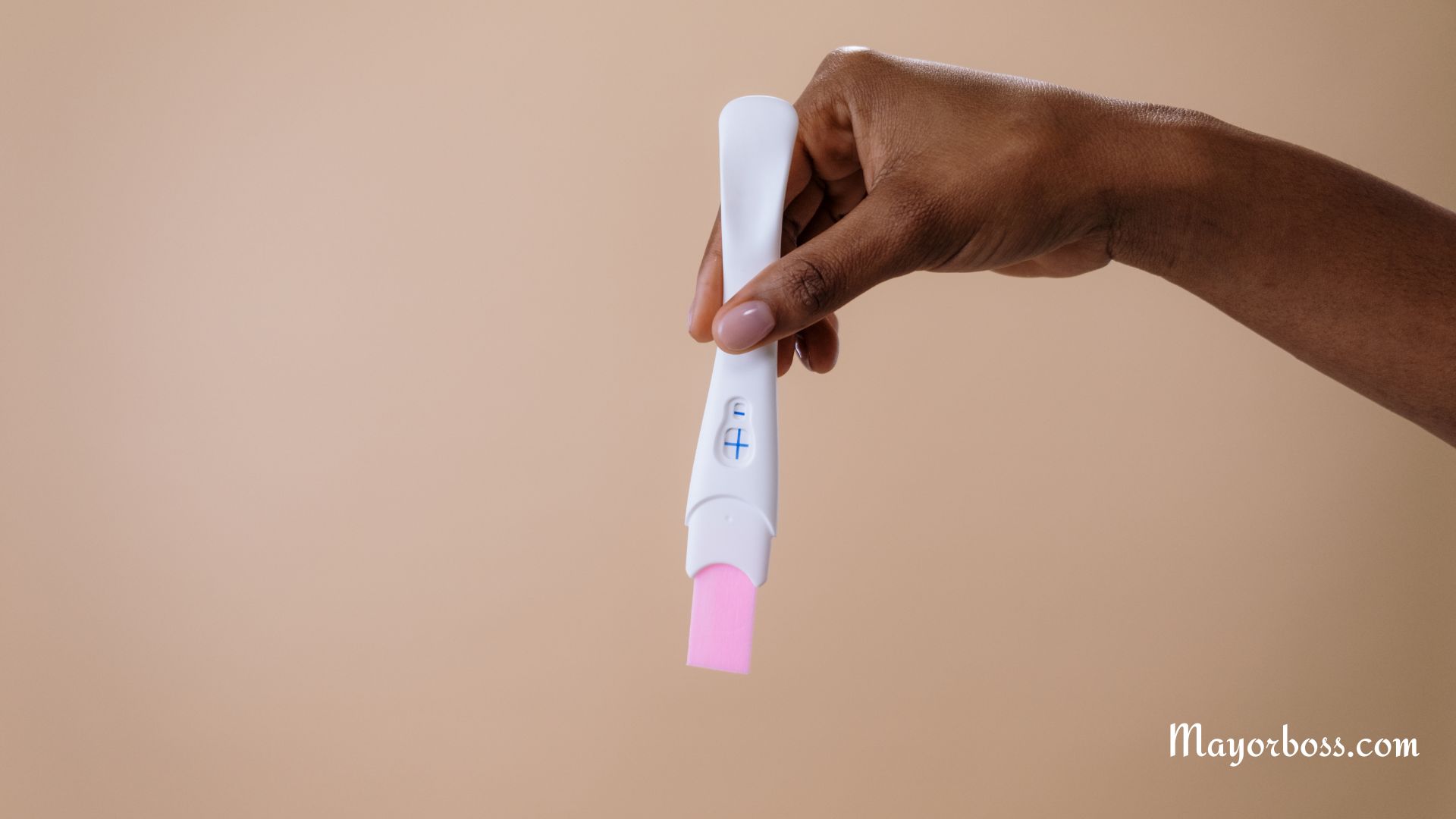Understanding Leukocytes in Urine: What’s Normal and What’s Not?
When you undergo a urine test, finding leukocytes, also known as white blood cells, in the results can be a bit unsettling. Let’s explore what it means to have leukocytes in your urine, what causes their presence, and how it’s typically treated.

What Are Leukocytes?
Leukocytes are a type of white blood cell that is crucial for your body’s immune response. They help fight infections and play a vital role in your overall health.
Normal Range of Leukocytes in Urine
- Typical Range: Generally, a small number of leukocytes in urine is normal. This can range from 0 to 5 leukocytes per high power field (HPF) in a urine sample.
- Above Normal: More than 5 leukocytes per HPF is typically considered abnormal and may indicate an infection or other medical condition.
Why Leukocytes Might Be Present in Urine
Here are the most common reasons why you might have leukocytes in your urine:
- Urinary Tract Infections (UTIs): These are often the primary cause. When bacteria enter your urinary system, your body sends leukocytes to fight off the infection.
- Kidney Infections: Similar to UTIs, but the infection is in the kidneys.
- Bladder Infections: Infections in the bladder can also prompt an immune response.
- Inflammation: Conditions like interstitial cystitis can lead to inflammation in the urinary tract.
- Kidney Stones: These can cause injury or irritation in the urinary tract, leading to the presence of leukocytes.
Symptoms Accompanying Leukocytes in Urine
You might experience:
- Frequent urination
- Pain or burning sensation during urination
- Cloudy or strong-smelling urine
- Lower back or abdominal pain
Diagnosing the Cause
Your healthcare provider may conduct:
- Urine Analysis: To confirm the presence of leukocytes and possibly identify bacteria.
- Ultrasound or CT Scan: To check for blockages or abnormalities in the urinary tract.
- Cystoscopy: A visual examination of the bladder and urethra.
Treatment Options For Leukocytes in Urine
Treatment depends on the underlying cause:
- Antibiotics: For bacterial infections like UTIs.
- Pain Relief: Over-the-counter pain relievers for discomfort.
- Increased Fluid Intake: Helps flush out the urinary system.
- Addressing Underlying Conditions: Such as managing kidney stones or treating chronic conditions.
Prevention for Leukocytes in Urine
To reduce the risk:
- Stay hydrated.
- Practice good hygiene.
- Empty your bladder regularly, especially after intercourse.
- Avoid irritants like caffeine and spicy foods if they are prone to urinary issues.
Frequently Asked Questions
Is the presence of leukocytes in urine always a sign of infection? Not always. While it’s often a sign of infection, non-infectious inflammation or other conditions can also cause leukocytes to appear in urine.
Can diet affect the presence of leukocytes in urine? While diet doesn’t directly cause leukocytes in urine, certain foods and drinks can exacerbate urinary tract conditions. Staying hydrated and avoiding irritants can help maintain a healthy urinary system.
Should I be worried if I have leukocytes in my urine? It’s important to consult with your healthcare provider if your urine test shows leukocytes. They can determine the cause and appropriate treatment. It’s not always a cause for alarm, but it shouldn’t be ignored.
In summary, finding leukocytes in your urine typically indicates your body is fighting something, often an infection. It’s a sign to pay attention to your urinary health. With the right diagnosis and treatment, most causes of leukocytes in urine can be effectively managed.






